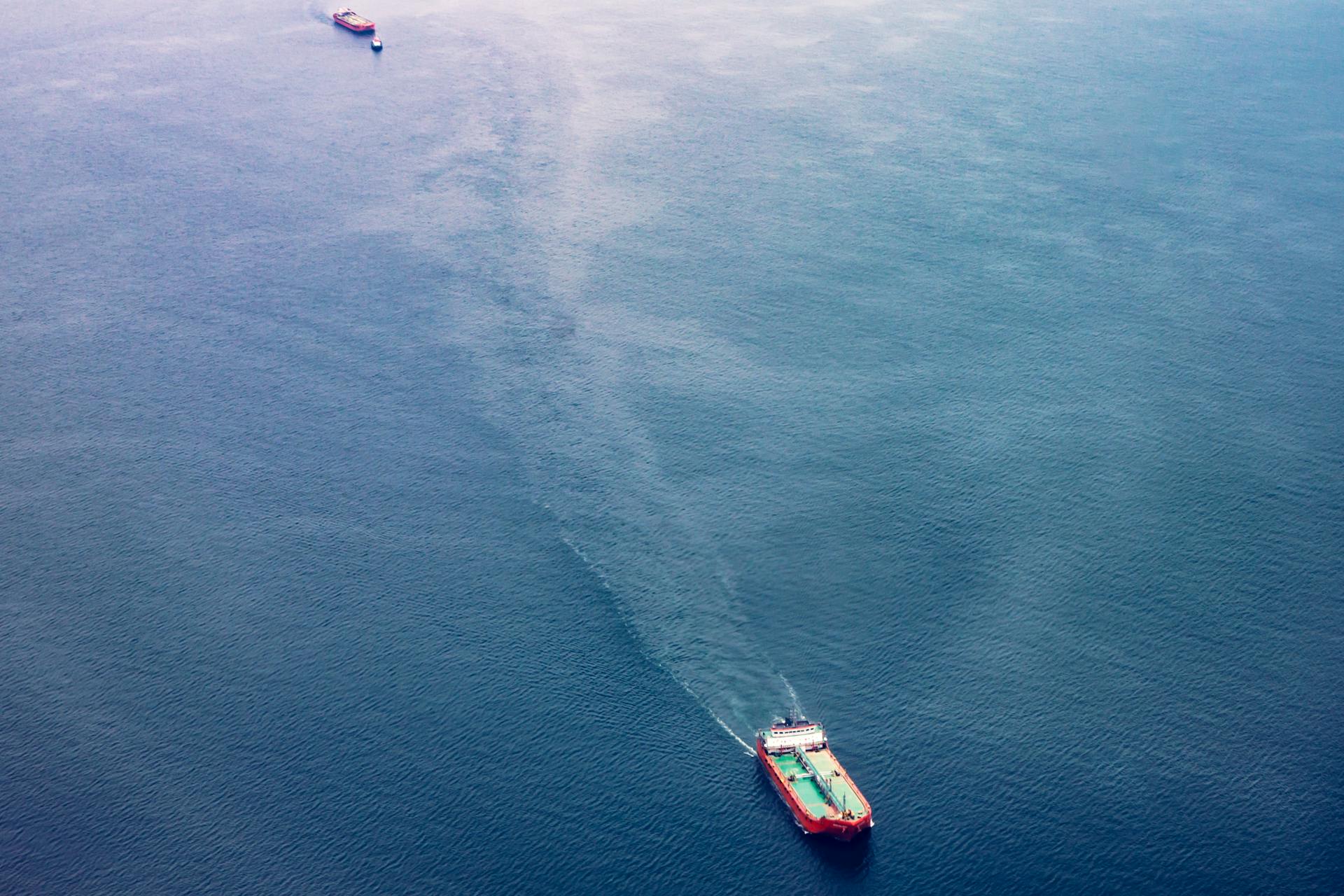Shipping faces a decisive moment as the International Maritime Organisation (IMO) prepares to vote in October on its Net-Zero Framework (NZF), a legally binding package designed to cut greenhouse gas emissions from the sector to net zero by 2050.
The plan, adopted in principle last April, combines mandatory fuel intensity limits with a global carbon pricing mechanism and financial incentives for compliance.
If approved, it will come into force in 2027 and cover ships over 5,000 gross tonnes, a segment responsible for 85 per cent of the industry’s emissions.
However, as mentioned in Newmoney, reactions have been fierce. US president Donald Trump has warned that a new administration in Washington would not hesitate to take measures against countries that support the regulation, opening a front of geopolitical confrontation.
The Norwegian classification society DNV followed, criticising the IMO for “institutional romanticism” and indifference to market realities.
A few days later, the American Bureau of Shipping (ABS) joined its positions, resulting in the controversy dominating the London International Shipping Week.
The IMO’s 2023 GHG Strategy set intermediate goals, a 40 per cent reduction in carbon intensity by 2030 and 70 per cent by 2040 compared with 2008 levels.
Yet with LNG investments at risk, DNV Maritime chief executive Knut Orbeck-Nilssen argued the new rules “close the door to a realistic transition”.
He noted that more than 770 dual-fuel ships are in operation and over 600 on order, while global LNG bunkering infrastructure has already been developed.
Similarly, ABS chairman Christopher Wiernicki called for a “pause and review”, saying that “IMO and the industry are on different trajectories”.
For him, the absence of scalable green fuels and supporting infrastructure makes the framework premature.
Greek shipowners have also voiced concerns. Panos Kourkountis, president of Martecma and technical director of Sea Traders, said the rules are “fundamentally flawed” and risk turning into a “pollution tax” rather than a lever for innovation.
He argued the framework could unintentionally punish LNG and biofuels, while studies cited by the association suggest heavy fuel oil remains economically more attractive under several compliance scenarios.
Greek shipping minister Vasilis Kikilias raised similar points in London this week during talks with IMO Secretary-General Arsenio Dominguez.
He therefore called for improvements, stressing that more realistic timetables, fair treatment of transitional fuels and smarter use of reward mechanisms are needed.
Yet there is strong support on the other side. The Global Maritime Forum’s Getting to Zero Coalition, representing 180 companies, urged states to back the framework, calling multilateralism the foundation of credible regulation.
In addition, World Shipping Council president Joe Kramek described it as “a serious and workable plan”, the outcome of years of negotiations among more than 100 governments.
Nevertheless, the stakes are high. If the NZF is adopted, it will create the first global system combining emissions caps and carbon pricing across an entire industry.
If it fails, regional measures such as the EU Emissions Trading System and FuelEU Maritime will gain ground, raising the risk of market fragmentation.
As one Greek shipping source put it, “the plan will be passed, you can be sure. It is not perfect but it will have global effect and that is important. It will override all regional legislation, such as the EU and the US.”
The outcome will be decided at the Marine Environment Protection Committee (MEPC) meeting in October. For an industry spanning Greek tankers, Asian container lines and global operators, the net-zero bet is not only environmental but also deeply political, technical and economic, and the autumn vote will determine which course prevails.
If the framework is adopted, an extraordinary MEPC session in October 2025 will formally confirm the amendments, followed by the approval of detailed guidelines in the spring of 2026. The rules would then enter into force in 2027, 16 months after adoption.
They would introduce a Global Fuel Standard requiring ships to reduce their greenhouse gas fuel intensity on a well-to-wake basis, alongside a Global Economic Measure under which ships exceeding the limits must purchase remedial units, while cleaner vessels are rewarded.
Compliance could involve transferring or storing units, or contributing to the IMO Net-Zero Fund.
Revenues collected would be channelled into rewarding low emissions, financing innovation and infrastructure, supporting developing countries and vulnerable economies, and training to ensure a just transition.
Meanwhile, Cyprus is closely watching the developments. Shipping Deputy Minister Marina Hadjimanolis has framed 2025 as a pivotal year to secure Cyprus’ role at the IMO, stressing that the country must “maintain and strengthen its voice in international forums” while ensuring the maritime sector, which contributes around 7 per cent of GDP, adapts through digital and green transition.
The Cyprus Shipping Chamber has declared itself committed to supporting initiatives that accelerate decarbonisation, but underlined that clean fuels must become widely available and infrastructure expanded, otherwise the framework risks adding burdens without enabling real change.
At the same time, Cyprus-based managers have voiced caution. InterManager, headquartered in Limassol, warned that draft provisions could unfairly make third-party managers legally responsible for fuel and technology choices they do not control, calling for revisions to keep accountability with shipowners.
For Greece and Cyprus alike, October’s vote will therefore test whether ambition can be matched with practical delivery.
If the NZF passes with credible incentives and realistic timelines, it will give fleets under both flags a clearer investment path.
If not, they face a patchwork of regional regimes, compliance risks and competitive strains, just as the industry enters the most consequential phase of its energy transition.






Click here to change your cookie preferences